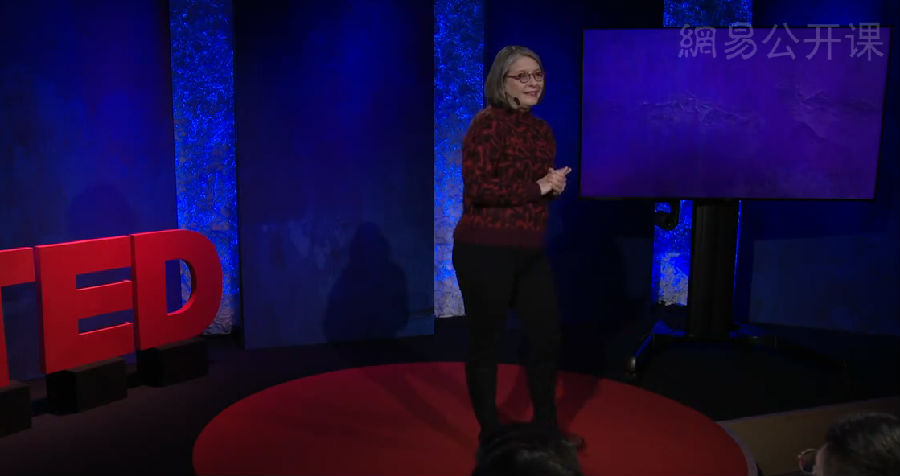The entire economic team, all the way up to president Xi Jinping himself,
所有的经济小组,一直到习近平总书记本人,
talk very specifically and clearly about financial risks as gray rhinos, and how they can tame them.
都会很清晰具体地讲述经济风险,并用上灰犀牛的比喻,并且讨论他们会怎样制服它。
Now, to be sure, China and the US have very, very different systems of government, which affects what they're able to do or not.
很明显,中国和美国有着差异很大的政府系统,这影响着他们的能力范围,
And many of the root causes for their economic problems are totally different.
并且两个国家的经济问题根源也完全不同。
But it's no secret that both countries have problems with debt, with inequality and with economic productivity.
虽说如此,两国都存在问题已不是秘密,例如债务,不平等和经济生产力。
So how come the conversations are so different? You could actually ask this question, not just about countries, but about just about everyone.
到底为何这些对话如此不同?其实这个问题不仅适用于国家,也适用于每个人。

The auto companies that put safety first and the ones that don't bother to recall their shoddy cars until after people die.
那些把安全放在第一位的汽车公司,和一些从不考虑召回他们的劣质汽车的公司,直到有人丧命。
The grandparents who, in preparing for the inevitable -- the ones who have the eulogy written, the menu for the funeral lunch.
那些为不可避免的离世而做准备的祖父母——那些已经将写好悼词和葬礼午餐菜单的。
My grandparents did. And everything but the final date chiseled into the gravestone.
我的祖父母就这样做了。包括所有其他的事情,除了刻到坟墓上的最后日期。
But then you have the grandparents on the other side, who don't put their final affairs in order,
但当你又有与我相反的祖父母,他们不规划自己临终时的事情,
who don't get rid of all the junk they've been hoarding for decades and decades and leave their kids to deal with it.
他们不轻易摆脱掉那些他们已经囤积了数十载的废旧物品,并且留给他们的子女去解决。
So what makes the difference between one side and the other? Why do some people see things and deal with them, and the other ones just look away?
那么两种方式的差别在哪里?为什么有的人会注意到问题并解决,而其他人仅会无视?



